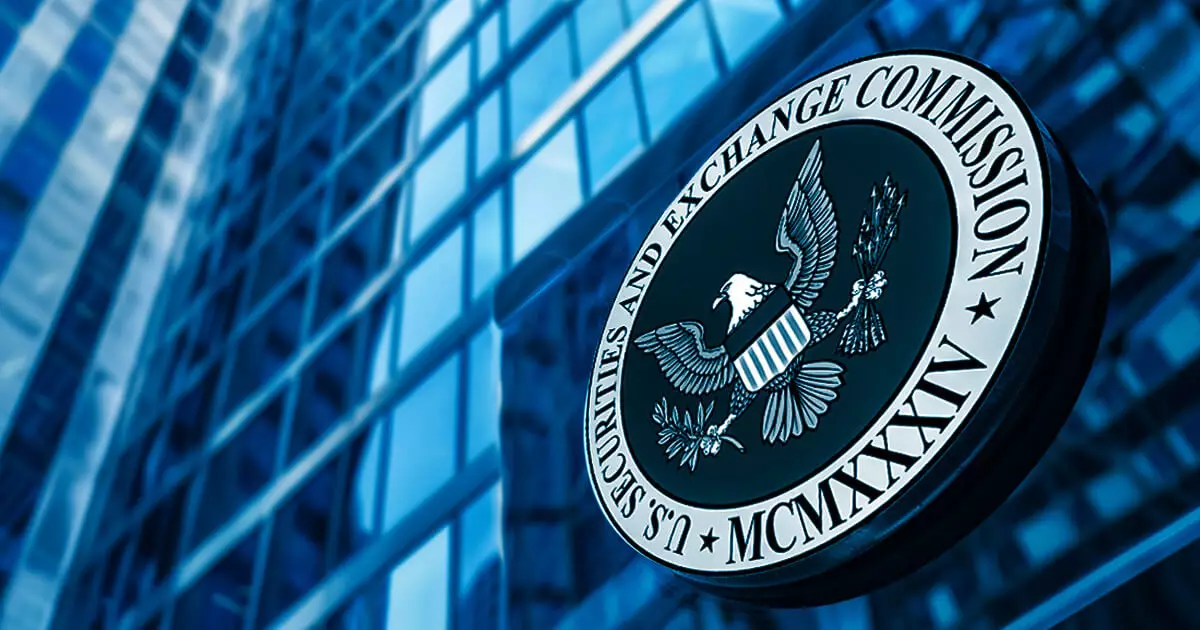Congressman Wiley Nickel (D-NC) recently took a stand against the US Securities and Exchange Commission (SEC), accusing the agency of damaging trust in the regulatory system through its “regulation by enforcement” strategy. He labeled the SEC’s approach as an “abuse of power” that could impede digital innovation in the United States.
Nickel’s comments come as the SEC issued a Wells Notice to OpenSea for allegedly violating securities regulations, sparking concern in the crypto community. The Congressman cautioned that the SEC’s aggressive enforcement tactics are causing uncertainty that may hinder advancements in technologies like Web3 and digital assets. He emphasized the need for collaboration between the SEC and Congress to establish clear, fair regulations with input from the public.
Nickel’s remarks have resonated with many in the crypto space who have criticized the SEC’s enforcement-based approach. His call for a more cooperative regulatory process reflects the broader debate in Washington on how to regulate the rapidly evolving digital asset industry while fostering innovation. Critics argue that the SEC is overreaching its authority by treating digital assets as securities without proper legislative support.
Critics also believe that by prioritizing enforcement over collaboration, the SEC is undermining its mission of consumer protection. They suggest that a more cooperative approach with industry stakeholders would result in more effective regulations that safeguard consumers without inhibiting progress. The debate underscores the importance of finding a balanced regulatory framework that supports innovation while upholding consumer protection laws.
Congressman Wiley Nickel’s criticism of the SEC’s enforcement-first approach sheds light on the need for a more collaborative and transparent regulatory process in the digital asset industry. By working together with Congress and industry players, the SEC can develop regulations that not only protect consumers but also foster innovation in emerging technologies. It is crucial for regulators to strike a balance that supports growth while upholding regulatory standards.

